Meet Justice N.V. Ramana and his Notable Judicial decisions
- ByPravleen Kaur --
- 17 Jun 2025 --
- 0 Comments
Justice N.V. Ramana served as the 48th Chief Justice of India from April 24, 2021, to August 26, 2022, capping an eight-year tenure on the Supreme Court. Born in Andhra Pradesh, he rose through the judiciary as Chief Justice of the Delhi High Court and Acting Chief Justice of the Andhra Pradesh High Court before his elevation to the Supreme Court in 2014. Justice Ramana is widely recognized for his advocacy of judicial reforms, transparency, and access to justice.
Judicial Career and Philosophy
Justice Ramana sat on 666 Supreme Court benches and authored 176 judgments, with a significant focus on criminal law, property disputes, and motor vehicle matters. He was known for his commitment to reducing judicial vacancies, modernizing court infrastructure, and promoting diversity in judicial appointments. During his 16 months as CJI, he recommended 255 judicial appointments to High Courts and 11 to the Supreme Court, including Justice B.V. Nagarathna, set to become India’s first woman CJI. He also prioritized public awareness of constitutional rights and duties, emphasizing the need for a vibrant, inclusive democracy.
Landmark Judgments and Interventions
1. Pegasus Spyware Probe
Justice Ramana ordered an independent probe into the Pegasus spyware allegations, asserting that the government could not use national security as a shield to avoid judicial scrutiny. He constituted an expert committee to investigate the matter, affirming the Court’s role in protecting citizens’ privacy.
2. Stay on Sedition Law
In a historic move, Justice Ramana’s bench stayed the operation of the colonial-era sedition law (Section 124A IPC), pausing its use nationwide pending a review. This was a significant step towards safeguarding freedom of speech and curbing misuse of draconian laws.
3. Lakhimpur Kheri Case
He swiftly cancelled the bail of Ashish Mishra, son of a Union Minister, in the Lakhimpur Kheri violence case, reinforcing the principle of equality before law and the need for accountability in cases involving powerful individuals.
4. Bilkis Bano Case
Justice Ramana issued notice on the remission of sentences of 11 convicts in the Bilkis Bano gangrape case, reflecting his sensitivity to victims’ rights and the need for judicial oversight in cases of mass violence.
5. Administrative Reforms
He oversaw the largest appointment of judges to High Courts and the Supreme Court in recent history, with a special emphasis on increasing the representation of women and marginalized communities. He also ensured the uninterrupted functioning of courts during the COVID-19 pandemic through technological modernization.
Legacy
Justice N.V. Ramana is remembered as a “people’s judge” who championed access to justice, judicial reforms, and constitutional rights. His tenure saw decisive interventions in high-profile cases, a push for greater judicial diversity, and a commitment to transparency and accountability in the judiciary.

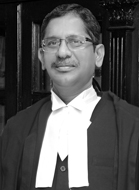












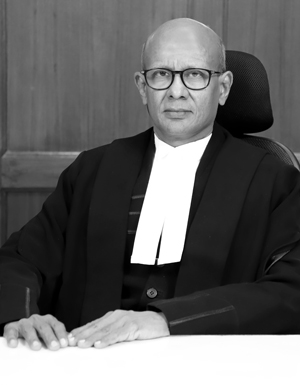
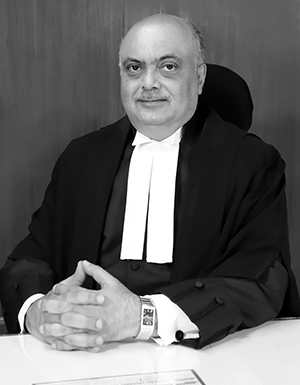
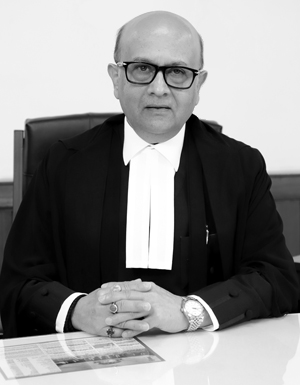

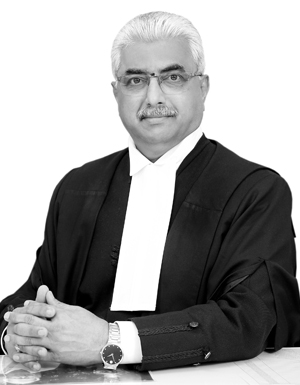

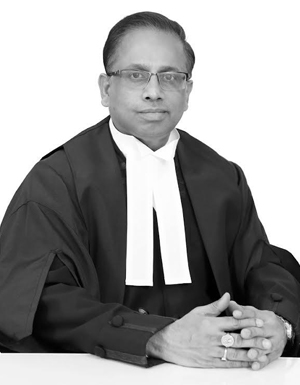

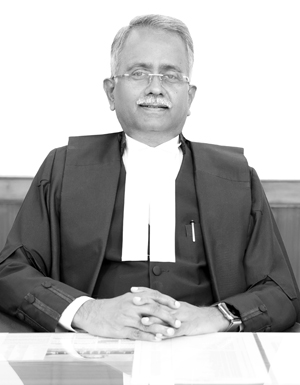
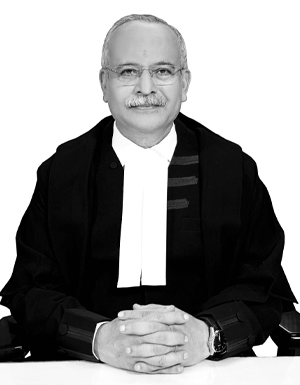

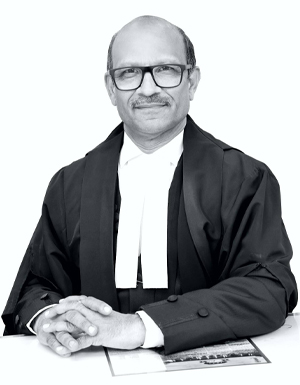



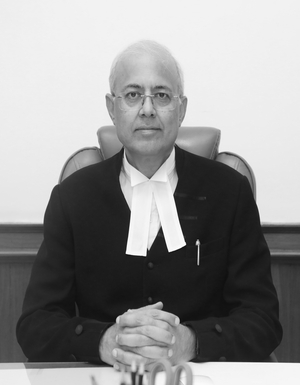
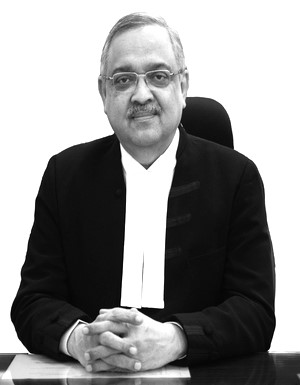

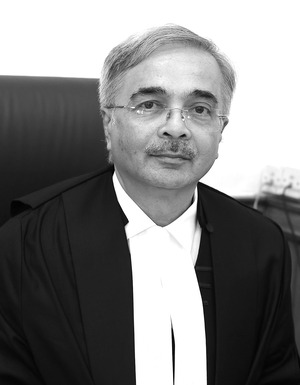
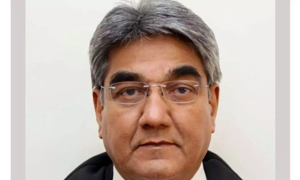

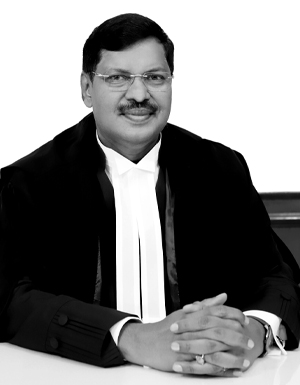
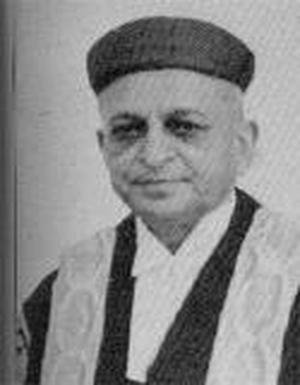
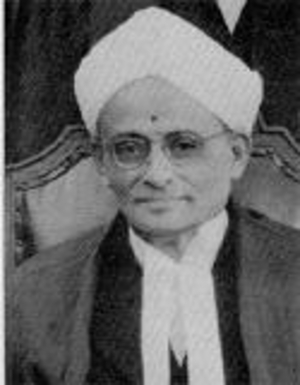

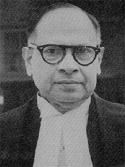
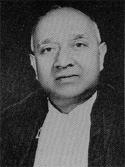

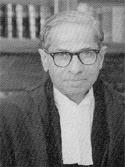
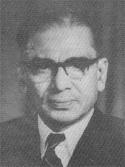
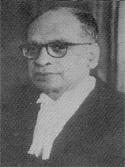







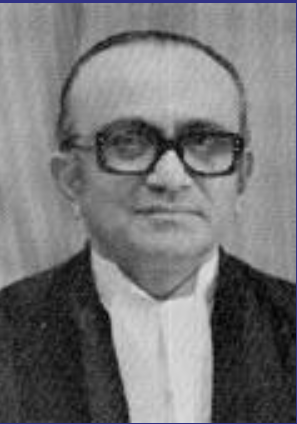


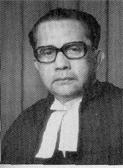

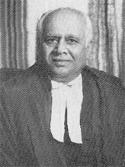
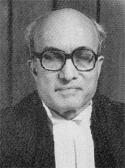

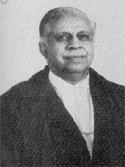

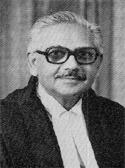








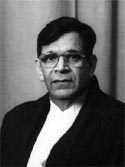
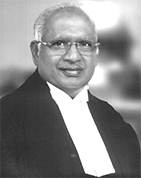

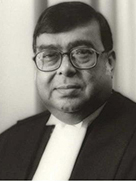

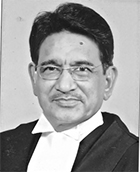



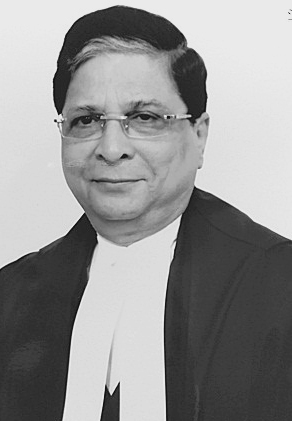
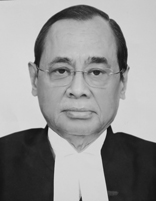


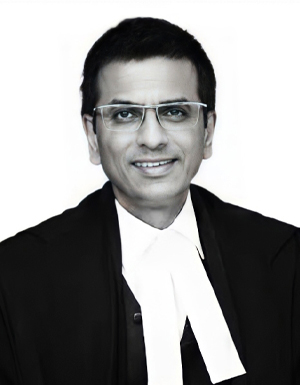

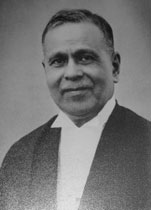
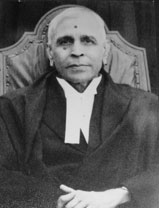


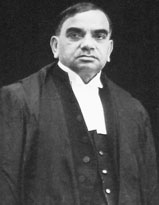

0 comments